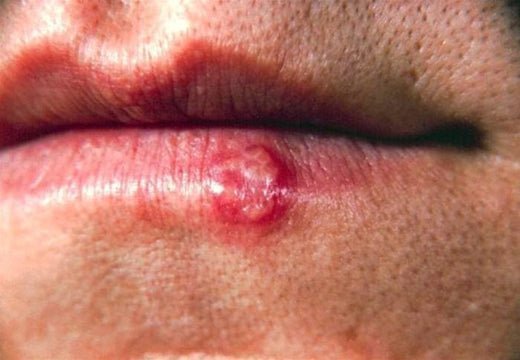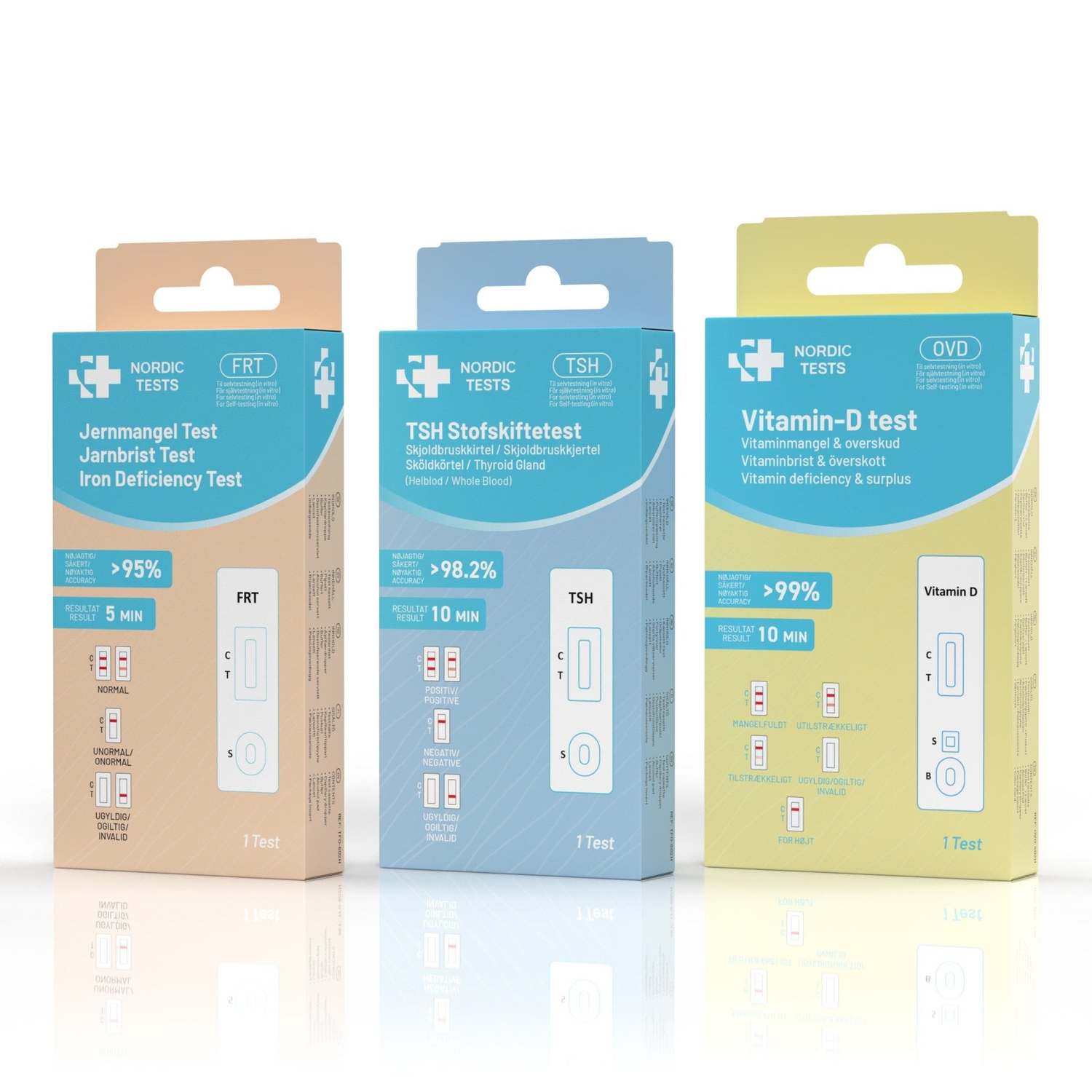
Treatment of herpes: herpes in the mouth, cold sores and herpes genitalis
Herpes is a common viral infection that can affect different parts of the body. The best-known forms are oral herpes, also called cold sores, and genital herpes. In this article, we review the options for herpes treatment, including how to manage cold sores in the mouth, genital herpes and other related symptoms.
Oral herpes and cold sores
One of the most common forms of herpes is oral herpes, which often appears as small, painful blisters on the lips or inside the mouth. These blisters are also called cold sores and can be bothersome and recurrent. Effective cold sore treatment involves both symptom relief and prevention of further outbreaks.
Cold sore treatment may include the use of antiviral creams or tablets, which can reduce the duration of the outbreak and lower the risk of transmission. It is also recommended to avoid direct contact with the blisters to prevent spread.
Treatment of genital herpes
Genital herpes often requires a similar approach to herpes treatment in the mouth. Antiviral medications can be used to reduce symptoms and the duration of outbreaks. If outbreaks are frequent, preventive treatment can be considered to minimise both outbreaks and the risk of transmission.
For people with severe symptoms, it is recommended to consult a doctor, as more extensive treatment may be necessary to manage the infection effectively.
How to relieve cold sores in the mouth
If you experience cold sores in the mouth, you can try some of the following strategies to relieve the discomfort:
- Use of antiviral ointments or creams that can reduce pain and healing time.
- Avoid acidic or spicy foods that may irritate the sores.
- Apply a cold compress to reduce swelling and discomfort.
Always remember to keep the area clean and avoid touching the blisters to prevent spreading.
Are you unsure how and when herpes is transmitted, and what symptoms to look for?
Then you may benefit from reading this in-depth article on herpes transmission. For more information about symptoms, you can read this article on herpes symptoms.
Frequently asked questions
- How is oral herpes treated? – Use antiviral medications and avoid contact with the blisters to reduce the risk of transmission.
- What is the best cold sore treatment? – A combination of antiviral cream and avoiding triggers such as stress and sunlight can be effective.
- How do I relieve cold sores in the mouth? – Cold compresses and gentle care of the area can reduce discomfort.
- Can herpes be treated permanently? – Herpes cannot be cured, but the symptoms can be effectively controlled with medication and prevention.

